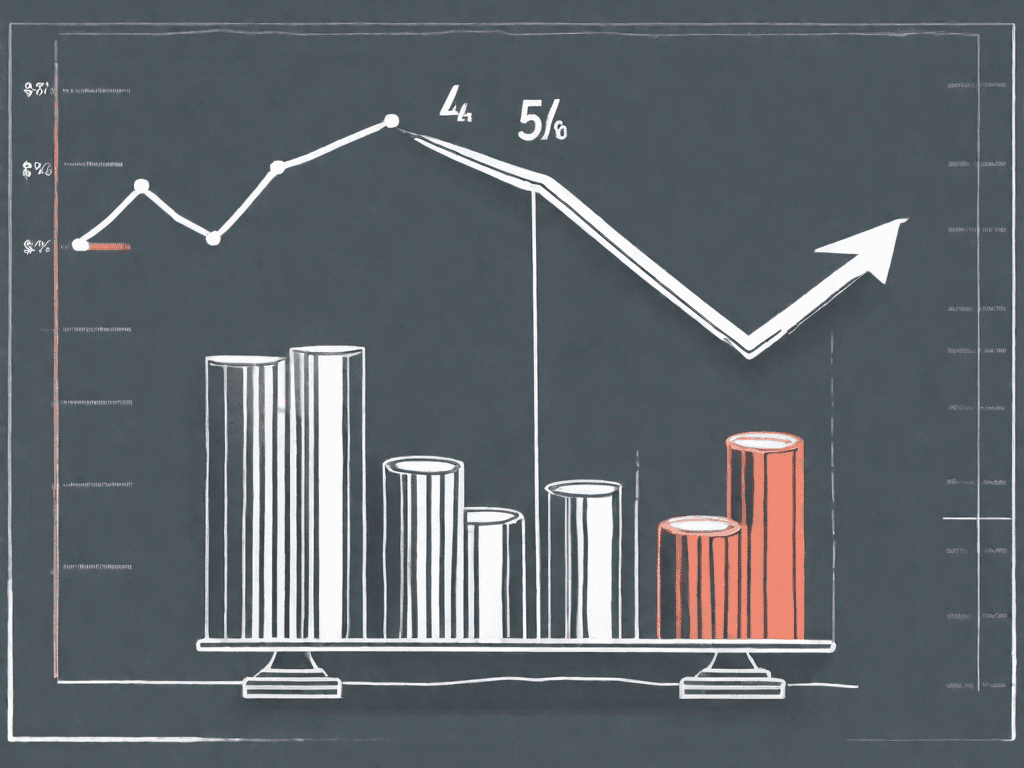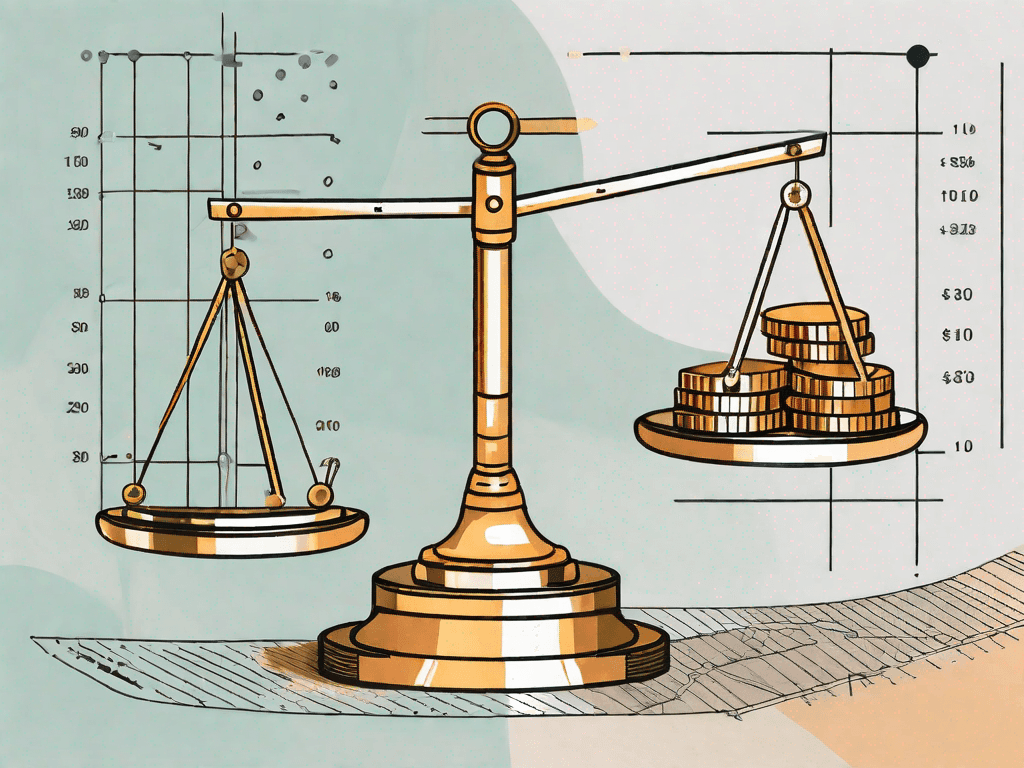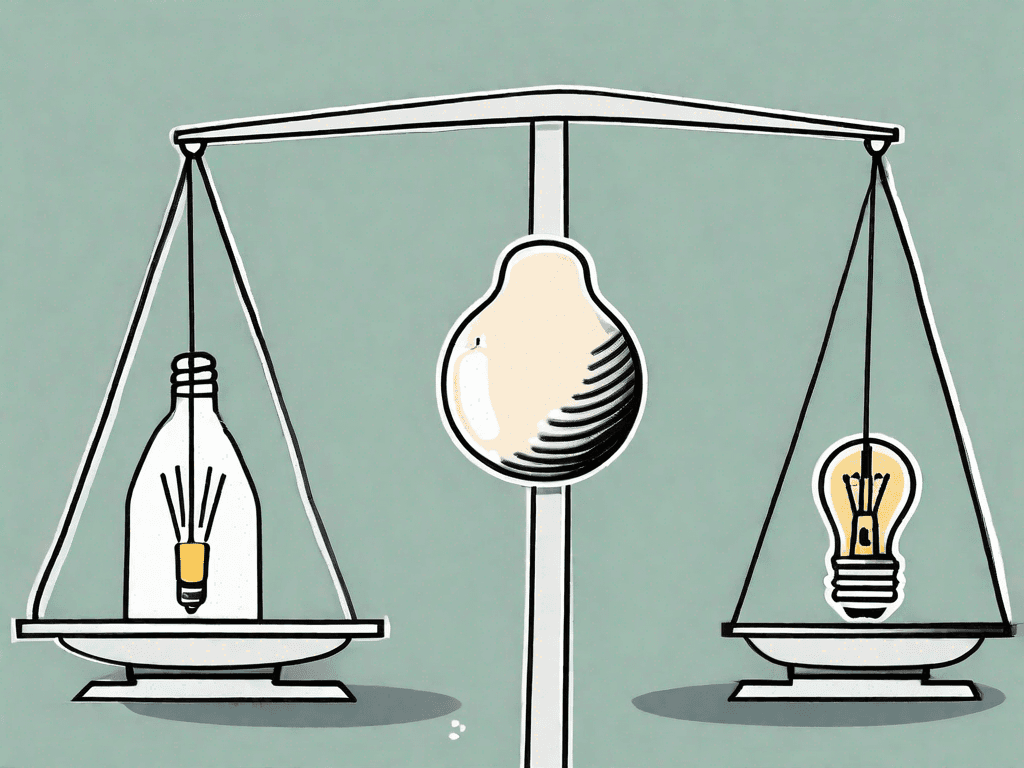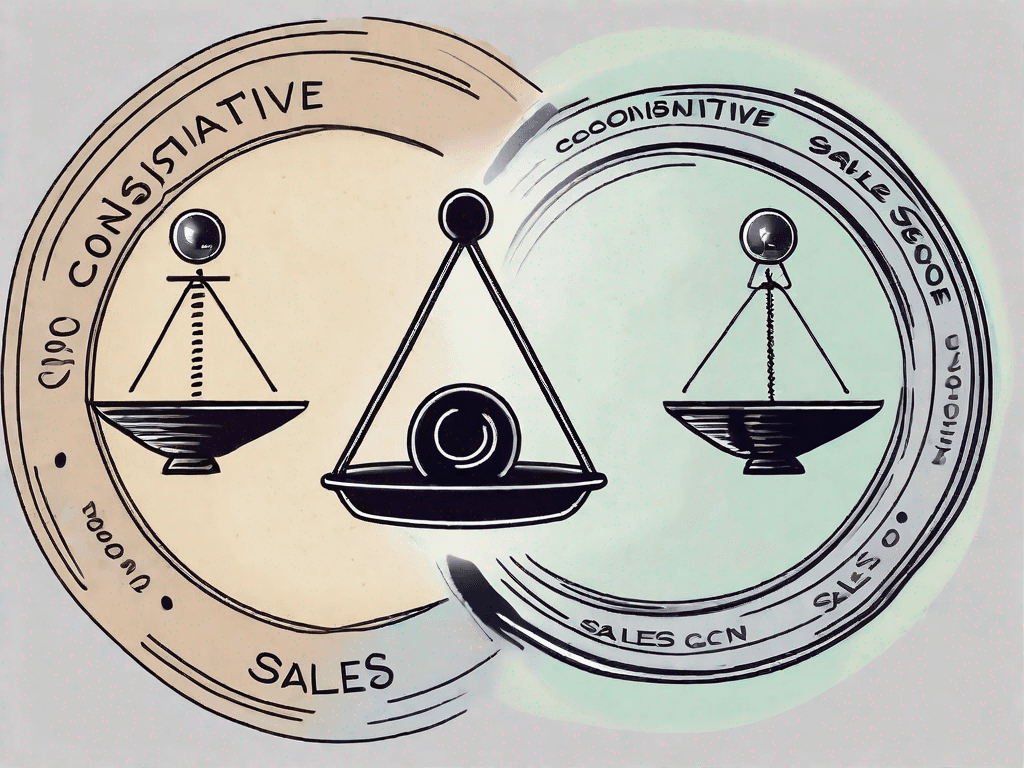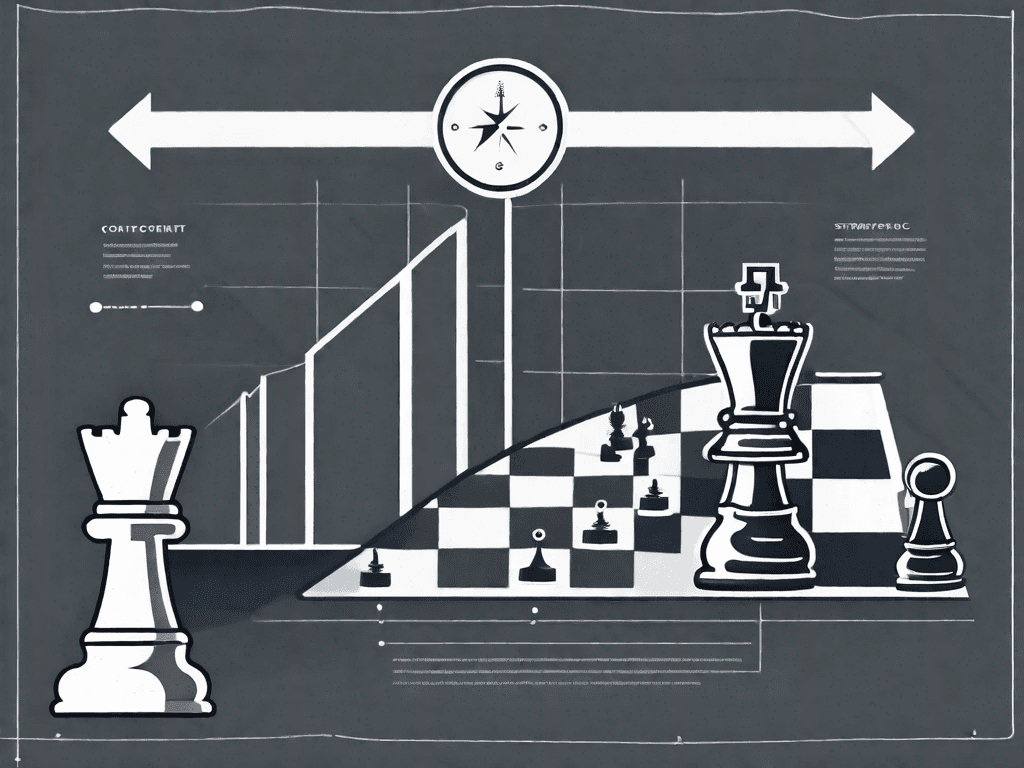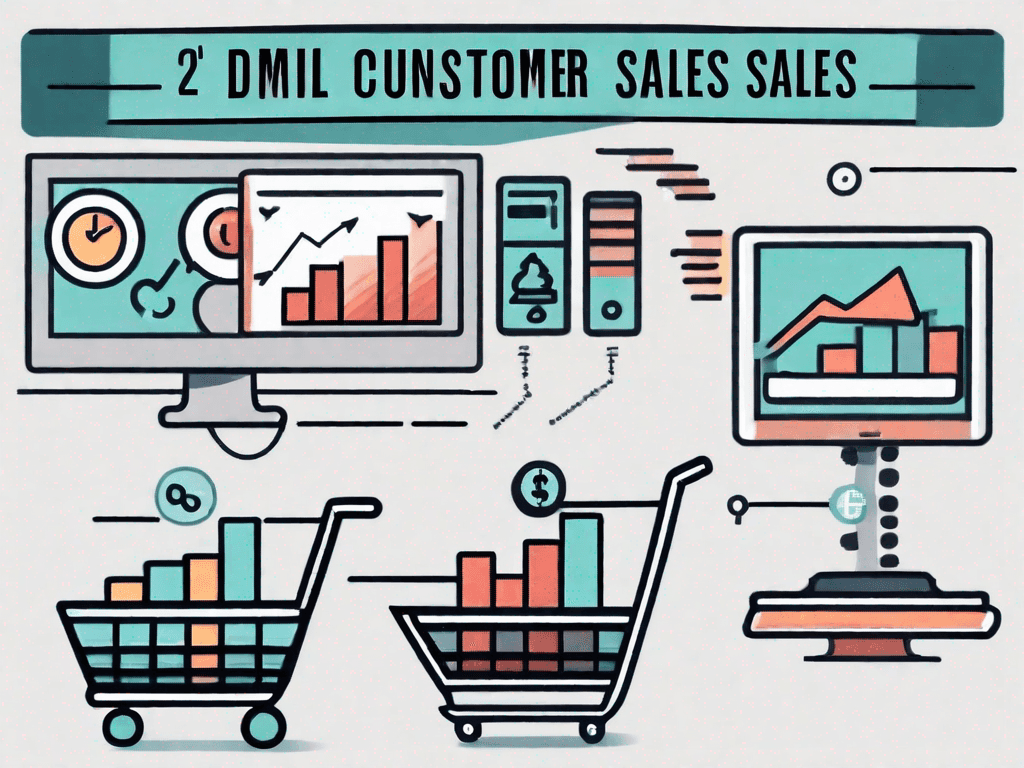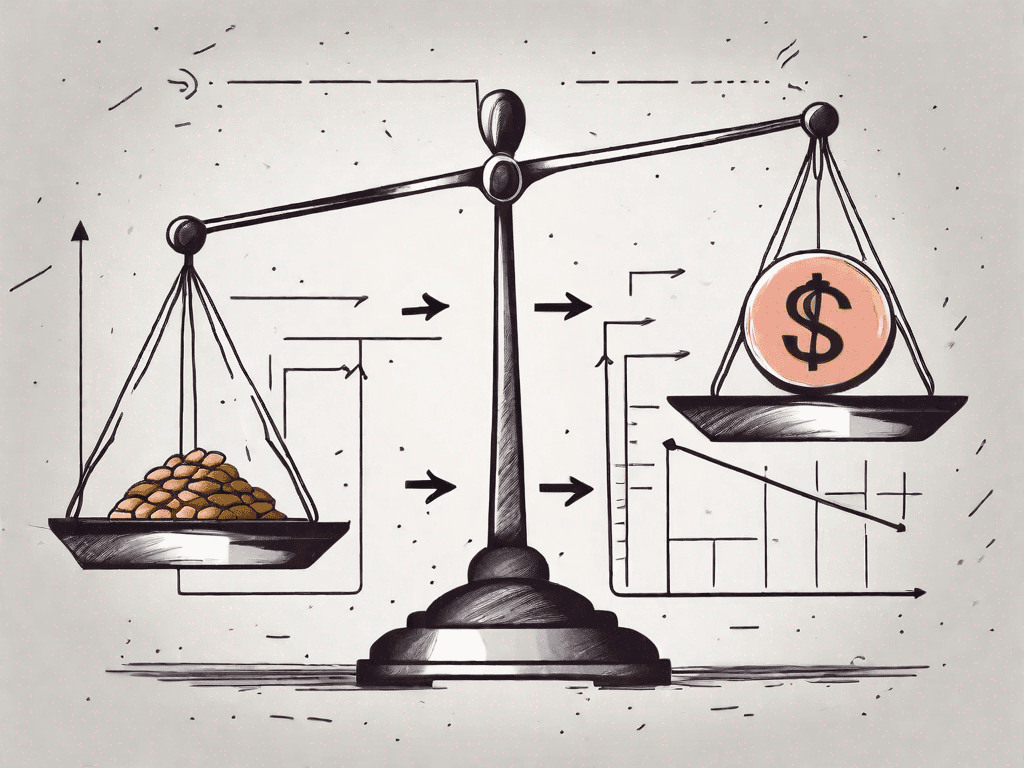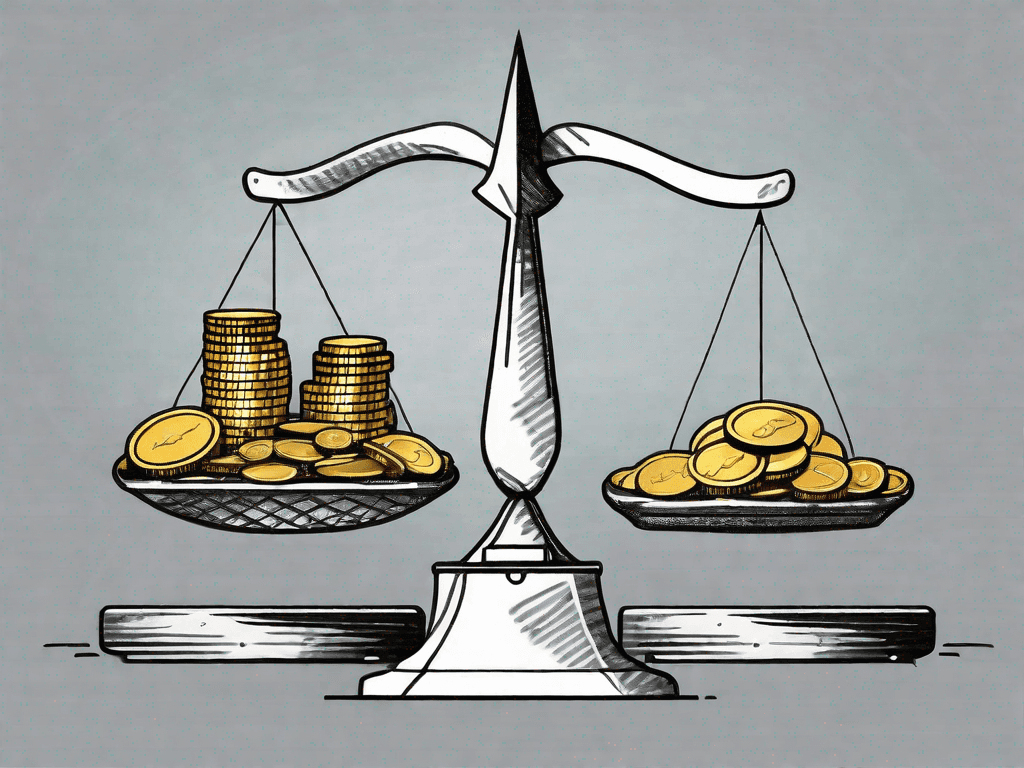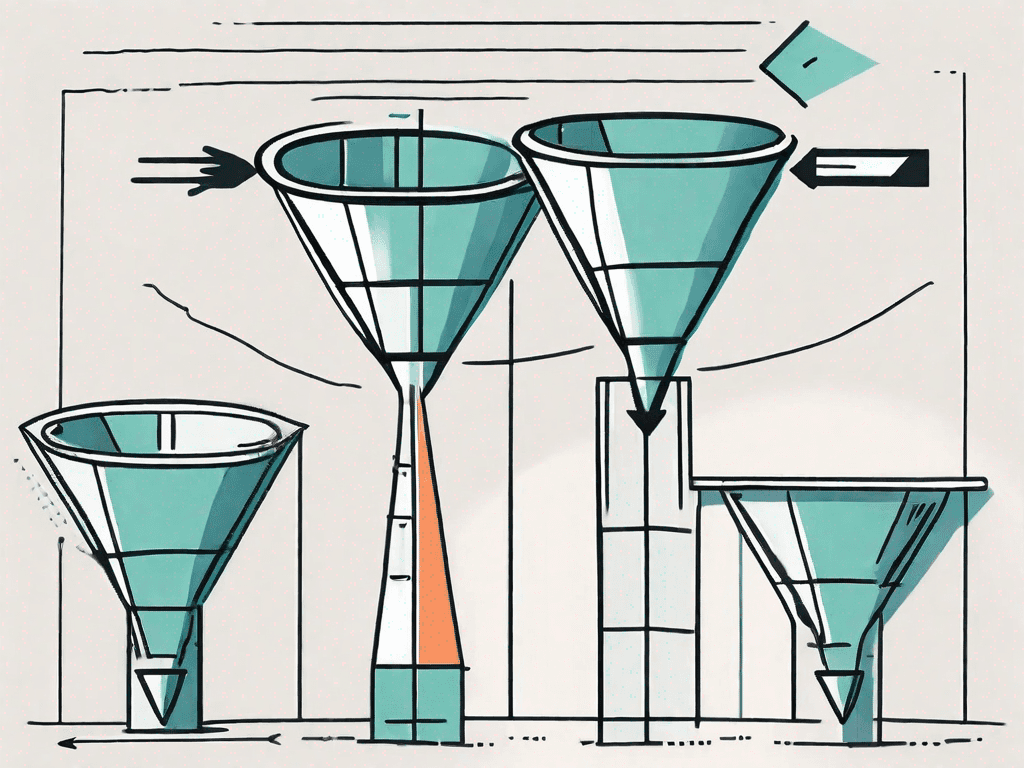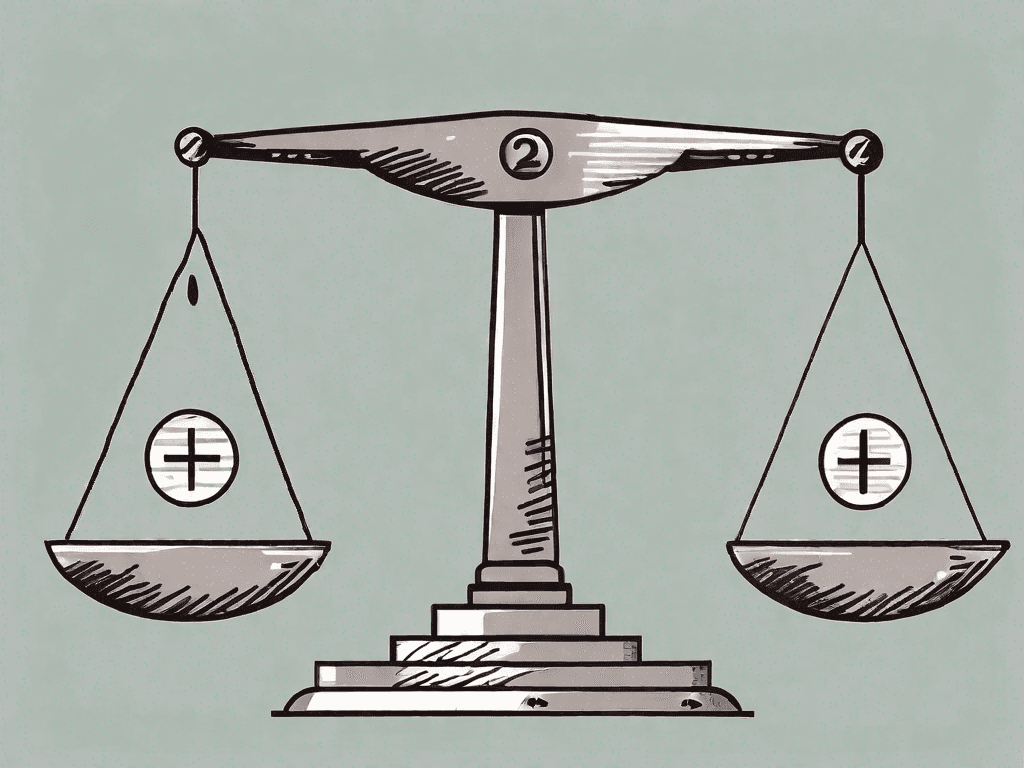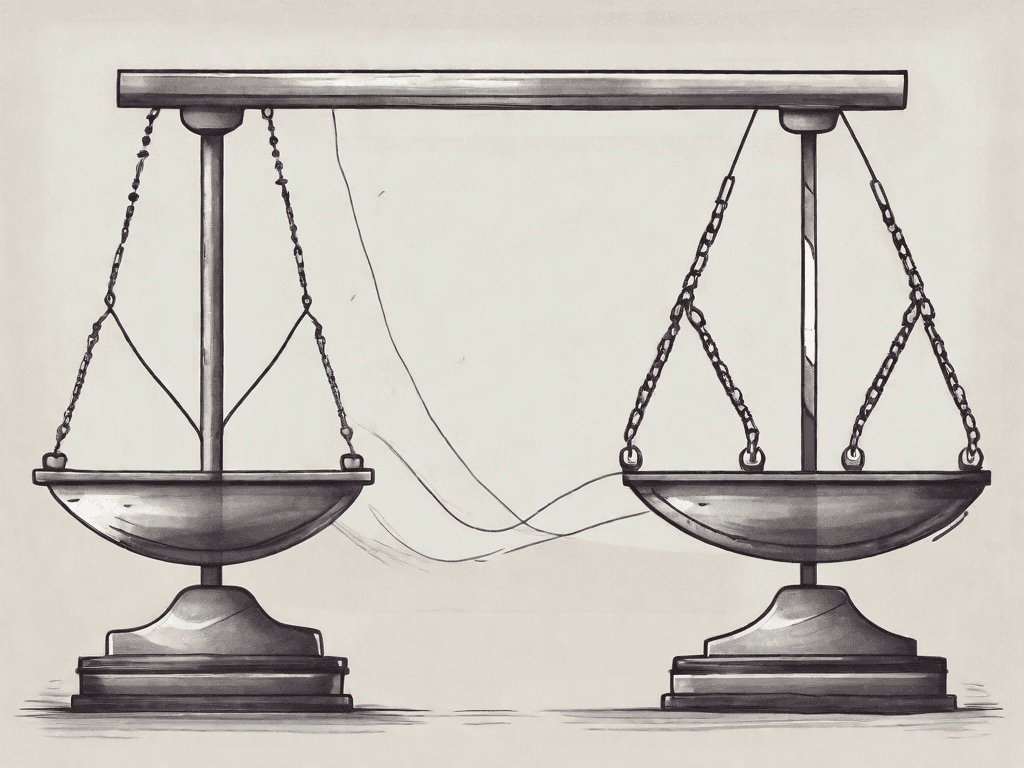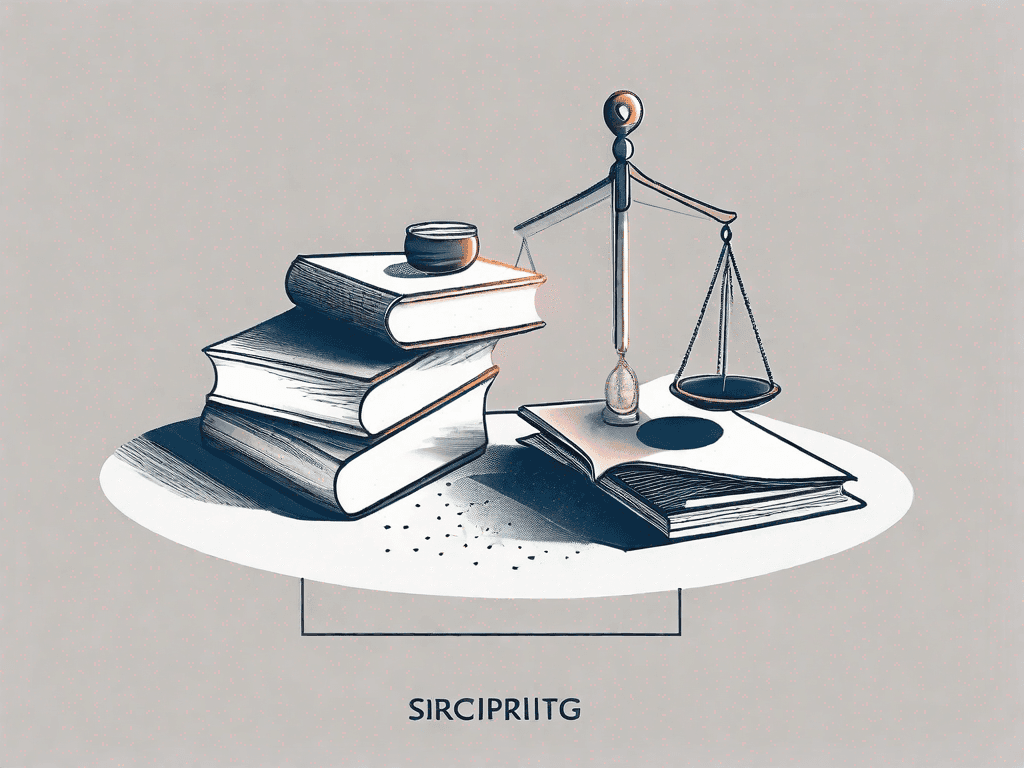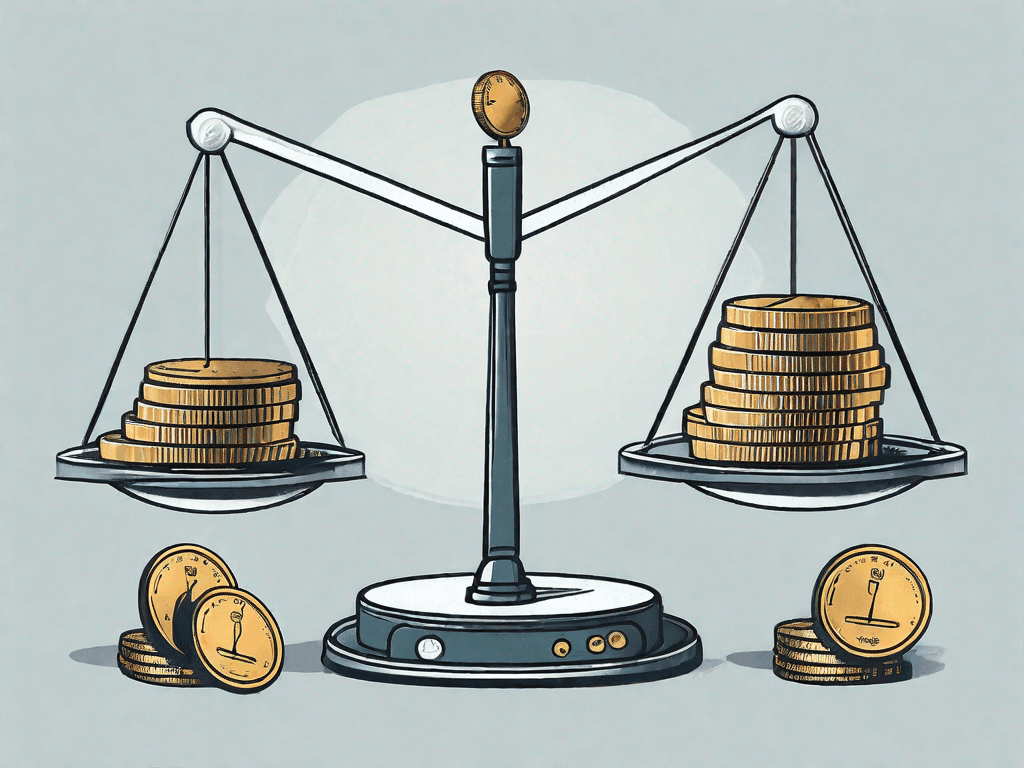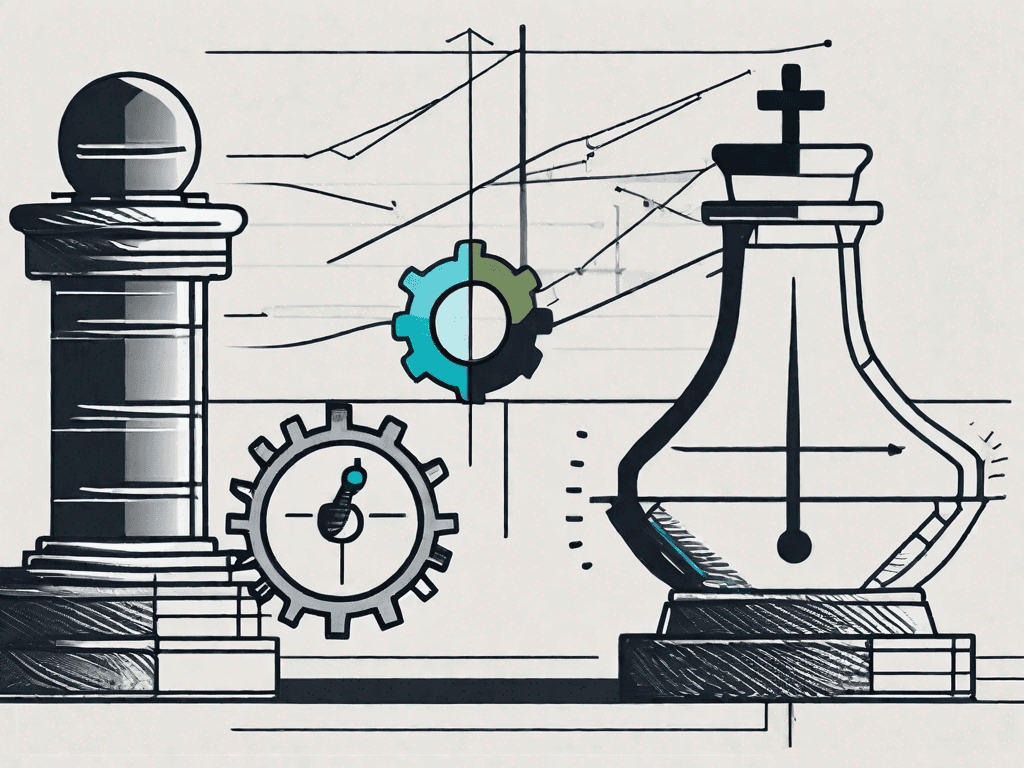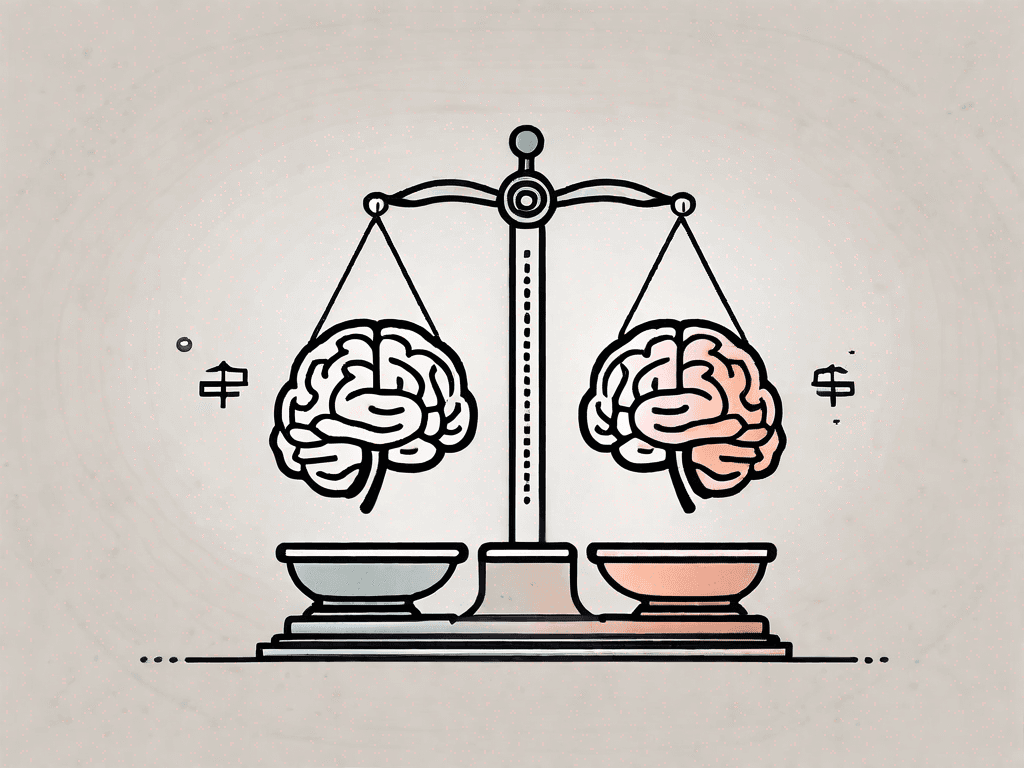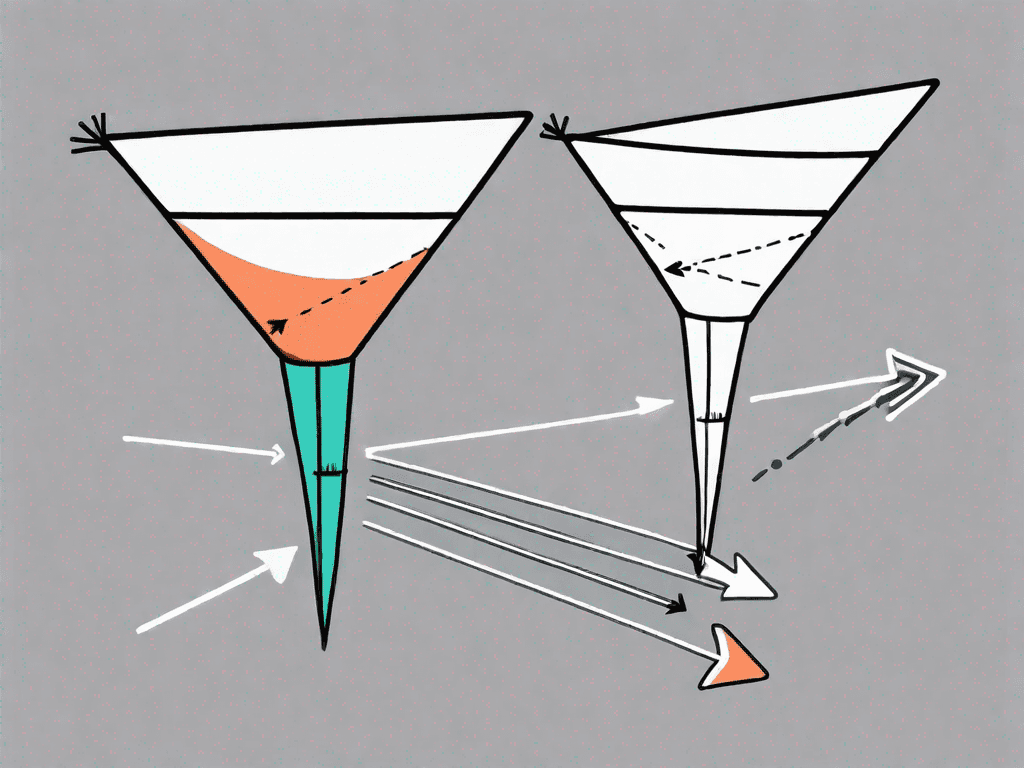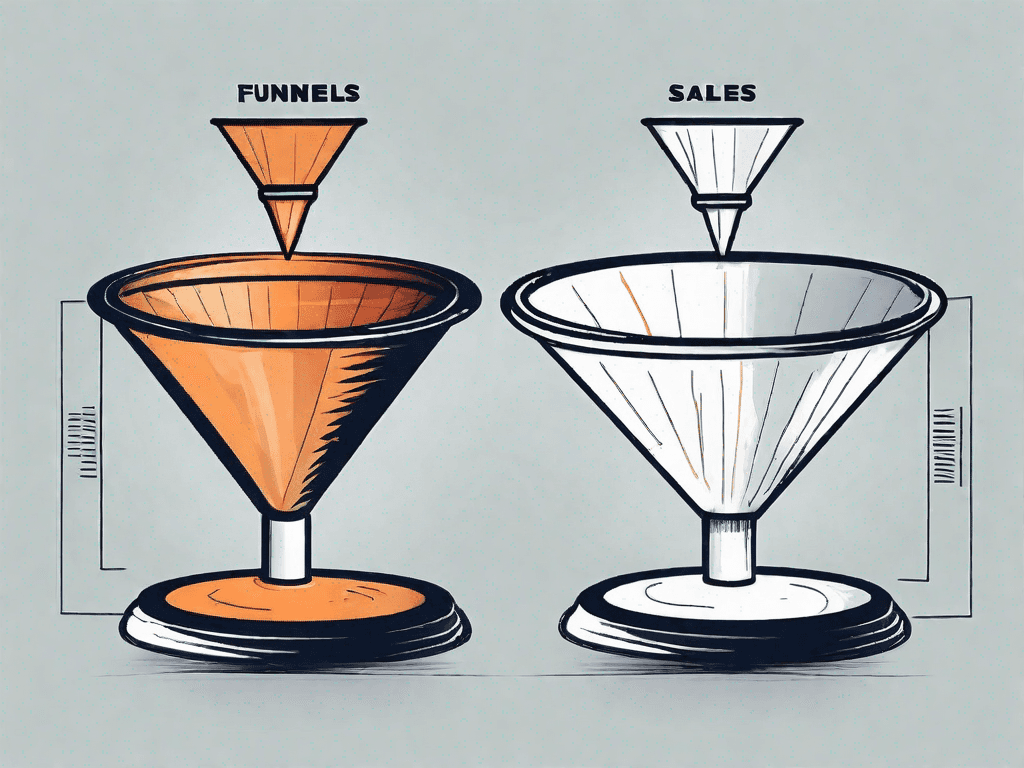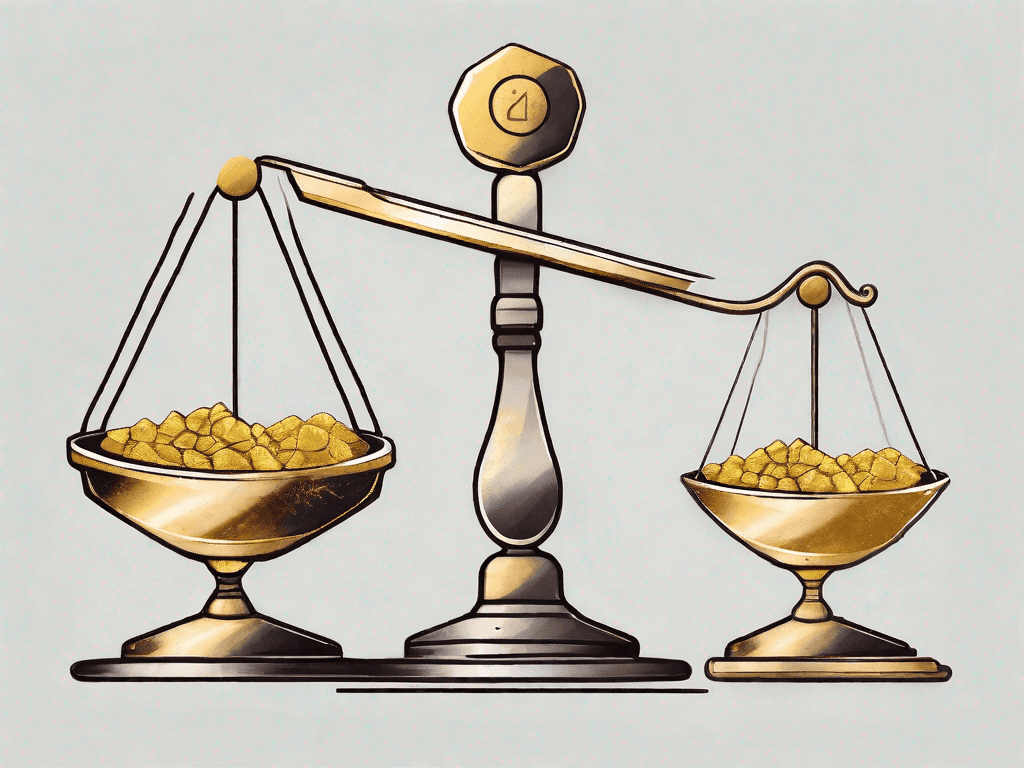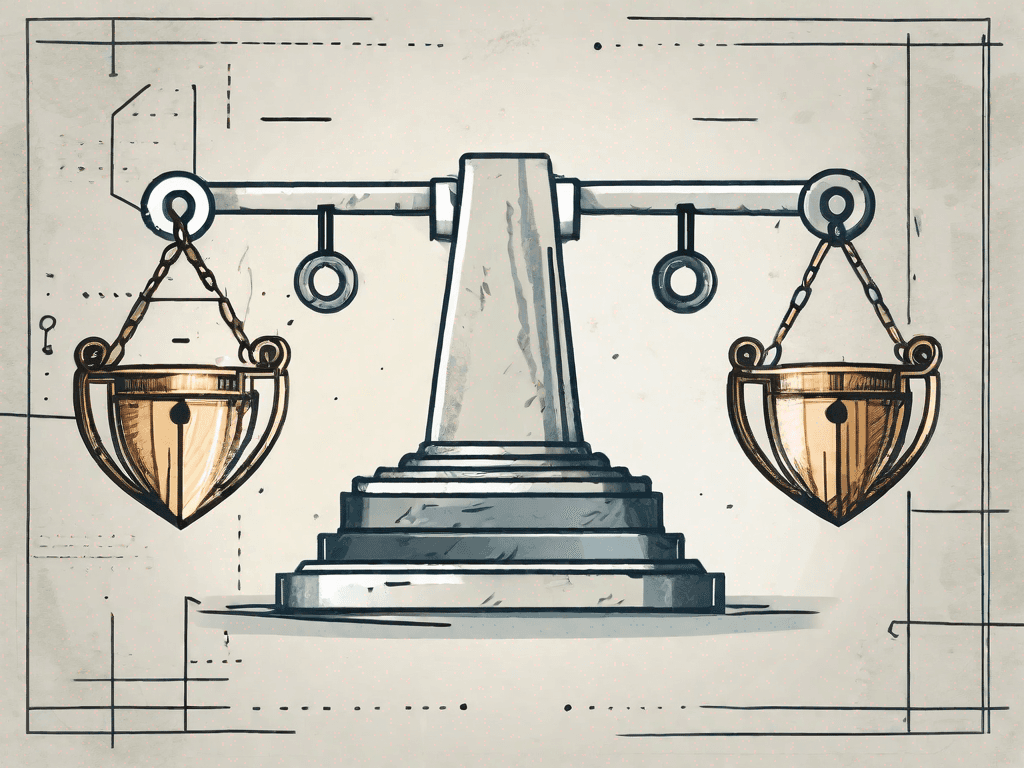
Sales Commission Structure Plan vs. Sales Bonus Plan: What's the Difference?
In the world of sales compensation, companies often use a variety of incentive plans to motivate their employees and drive performance. Two common types of compensation plans are the Sales Commission Structure Plan and the Sales Bonus Plan. Although these terms are often used interchangeably, there are subtle differences between them that can impact how sales professionals are rewarded for their efforts. In this article, we will explore the distinctions between these two plans and provide examples to illustrate their practical applications
PS: you can also use a sales compensation software for all of this.
Defining Sales Commission Structure Plan and Sales Bonus Plan
1.1 - What is a Sales Commission Structure Plan?
A Sales Commission Structure Plan is a compensation model where salespeople earn a percentage of the revenue they generate through their sales activities. This type of plan provides a direct link between the salesperson's efforts and their earnings, creating a strong incentive for high performance.
Under a Sales Commission Structure Plan, the commission rate is typically determined based on various factors. These factors can include the salesperson's individual performance, the specific product or service being sold, or the overall sales targets of the company. The commission rate may vary across different sales territories or market segments, reflecting the varying levels of difficulty and potential for sales success.
One common feature of a Sales Commission Structure Plan is the tiered structure. In this structure, sales professionals earn different commission rates based on predefined sales targets or milestones. As they surpass these targets, their commission rates increase, providing them with additional motivation to excel and exceed expectations.
Furthermore, a Sales Commission Structure Plan often includes a base salary component to provide a stable income for salespeople. This base salary ensures that sales representatives have a consistent source of income, even during periods when their sales performance may be lower than expected.
1.2 - What is a Sales Bonus Plan?
A Sales Bonus Plan, on the other hand, rewards salespeople with a lump sum bonus based on their achievement of specific goals or metrics outlined by the company. Unlike a commission plan, a bonus plan is not directly tied to the revenue generated by individual sales.
A Sales Bonus Plan focuses on predetermined objectives that go beyond pure sales performance. These objectives can include meeting sales targets, acquiring new clients, achieving certain performance metrics, or even demonstrating exceptional customer service skills.
Companies often use Sales Bonus Plans to motivate employees to focus on specific objectives that align with the company's strategic goals. For example, a company may offer a bonus to salespeople who successfully introduce a new product to the market or who secure contracts with high-value clients.
Moreover, Sales Bonus Plans can also be used to encourage collaboration and cross-selling among teams. For instance, a company may offer a bonus to a sales team that achieves a certain level of cross-selling by promoting complementary products or services to existing customers.
It is important to note that Sales Bonus Plans can be designed in various ways. Some plans may have a fixed bonus amount for achieving specific objectives, while others may have a tiered structure where the bonus amount increases as the salesperson surpasses higher targets.
In summary, Sales Bonus Plans provide an additional layer of motivation and recognition for salespeople beyond their regular commission earnings. These plans help companies drive specific behaviors and achieve strategic objectives while rewarding their sales teams for exceptional performance.
What's the difference between a Sales Commission Structure Plan and a Sales Bonus Plan?
While both Sales Commission Structure Plans and Sales Bonus Plans aim to reward and motivate salespeople, they differ primarily in how they calculate compensation and the focus of the rewards.
A Sales Commission Structure Plan directly links compensation to individual sales performance by offering a percentage of the revenue generated. The emphasis is on generating revenue and driving sales results. Conversely, a Sales Bonus Plan focuses on achieving specific goals or objectives that may extend beyond pure revenue targets.
The key difference lies in the payout mechanism. In a commission structure, salespeople earn their compensation incrementally as they make sales, while in a bonus plan, the reward is typically paid out as a lump sum based on the achievement of specific milestones.
Examples of the Difference between a Sales Commission Structure Plan and a Sales Bonus Plan
2.1 - Example in a Startup Context
In a startup context, a Sales Commission Structure Plan may be ideal for motivating a small sales team to generate revenue quickly. For every sale made, the salesperson earns a percentage of the revenue, providing an immediate incentive to drive sales and help the company grow.
In contrast, a Sales Bonus Plan in a startup might focus on different objectives, such as acquiring a certain number of new clients within a specified timeframe. Salespeople who meet this goal would receive a predetermined bonus, encouraging them to prioritize client acquisition and expand the company's customer base.
2.2 - Example in a Consulting Context
Consulting firms often use Sales Commission Structure Plans to reward their consultants for bringing in new business. Consultants receive a percentage of the revenue generated by their sales efforts, aligning their compensation with their ability to generate business and provide value to clients.
On the other hand, a Sales Bonus Plan in a consulting firm might reward consultants for achieving specific project milestones, such as completing a project within a tight deadline or exceeding client satisfaction metrics. This approach encourages consultants to focus on delivering exceptional results and meeting project objectives beyond simply closing sales.
2.3 - Example in a Digital Marketing Agency Context
A Digital Marketing Agency may utilize a Sales Commission Structure Plan to incentivize their sales team to secure new clients for their services. Salespeople earn a percentage of the revenue generated from the clients they bring on board, encouraging them to pitch the agency's offerings and close deals.
Alternatively, a Sales Bonus Plan in a digital marketing agency might focus on achieving specific marketing campaign objectives, such as increasing website traffic or improving conversion rates. By offering a bonus based on these metrics, the agency motivates its sales team to sell services that align with these objectives and drive desired outcomes for their clients.
2.4 - Example with Analogies
To further understand the distinction between Sales Commission Structure Plans and Sales Bonus Plans, imagine you are planning a trip. In a commission-based model, the more miles you cover, the more you earn. Each mile becomes valuable in terms of compensation. On the other hand, in a bonus-based model, you might receive a lump sum reward for reaching a specific destination, regardless of the distance you traveled to get there. The focus shifts from the journey to the end goal.
Ultimately, the choice between a Sales Commission Structure Plan and a Sales Bonus Plan depends on a company's goals, the nature of the sales role, and the desired behaviors and outcomes they wish to incentivize. Both plans have their merits and can be effective in motivating sales professionals, provided they are tailored to align with the organization's overall strategy and objectives.
In conclusion, while Sales Commission Structure Plans and Sales Bonus Plans may share similarities, they differ in how compensation is calculated and the objectives they prioritize. By understanding these differences and considering practical examples, companies can design effective sales compensation strategies tailored to their unique needs, driving both individual and organizational success.











